Abraham Lincoln once wrote, “I think nothing equals Macbeth.” Learn about how Shakespeare’s dramatic exploration of ambition may have affected how Lincoln acted on his own ambition.


Abraham Lincoln once wrote, “I think nothing equals Macbeth.” Learn about how Shakespeare’s dramatic exploration of ambition may have affected how Lincoln acted on his own ambition.
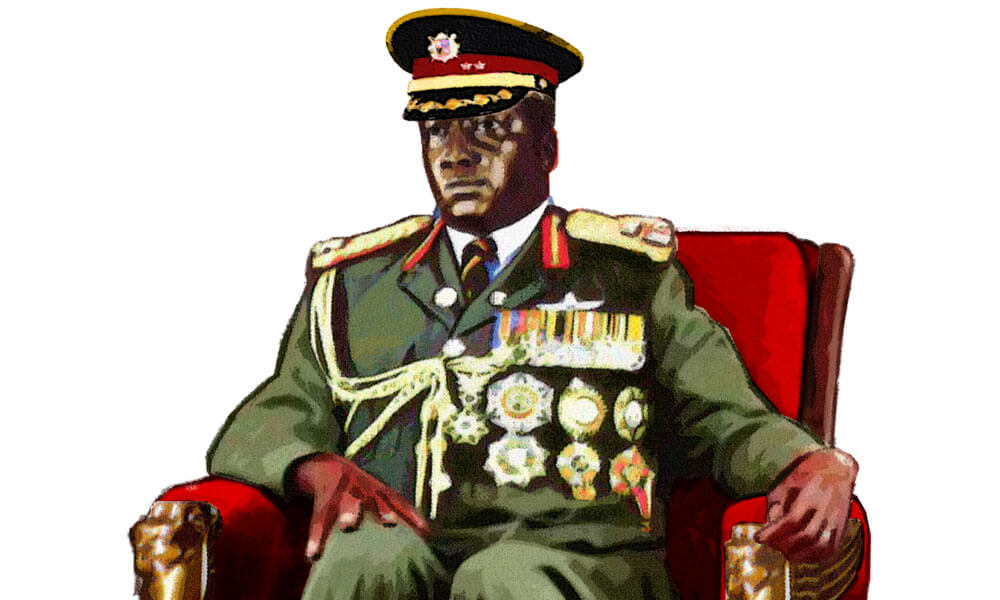
According to the author of this opinion piece, those who enjoy the freedom and prosperity that comes with living in a democracy tend to underestimate the ability of dictators to stay in power.

The negative effects of Macbeth’s overpowering ambition are obvious, but striving for success at all costs can be detrimental in smaller ways to all of us.

Where did Shakespeare get his ideas? This essay by Amanda Mabillard analyzes the sources and motivations underlying Shakespeare’s writing of The Tragedy of Macbeth.

What contributed to the devastating power of Hurricane Katrina? History® provides text, videos, and links on the formation and impact of Hurricane Katrina in 2005.

Click here to read a review of a 2019 adaptation of Macbeth that features an all-female cast and imagines how teenage schoolgirls might choose to perform Shakespeare’s play.

Some people in parts of the Middle East and northern Africa reject the idea of women having power.

See the top five dictators who have ruled different parts of Asia over the past two decades.

Four centuries and many changes to the English language have passed since Shakespeare wrote. Here’s why we still read his works.

Some scholars have long maintained that someone other than William Shakespeare authored some of the Bard’s best-known works. This article explores the idea that a writer with a deeper knowledge of Scotland than Shakespeare could have had must have penned Macbeth.
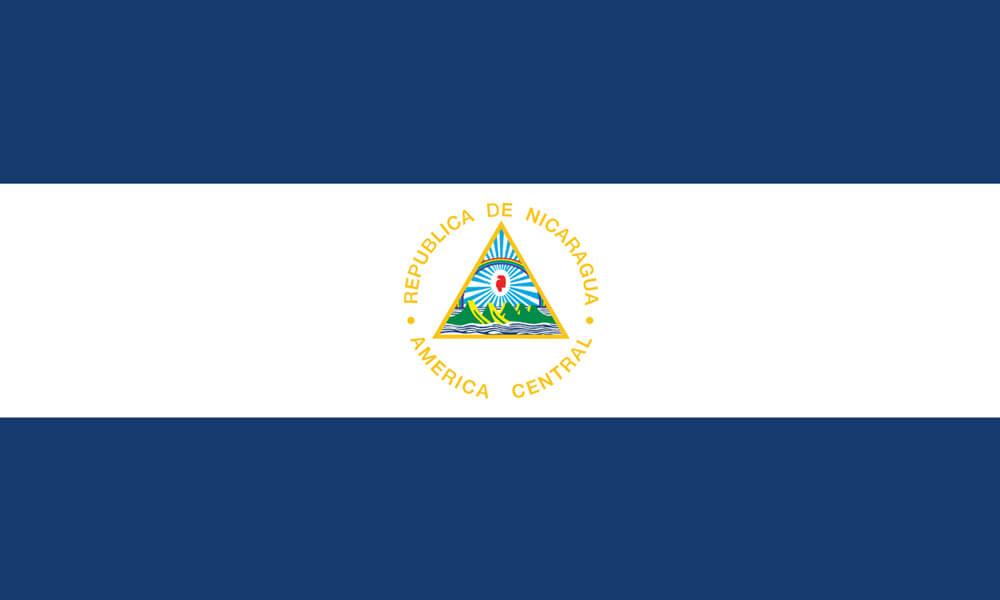
The author of this opinion piece, whose family fled Nicaragua when she was a child to escape a tyrannical regime, believes her home country has once again fallen into the hands of a dictator.
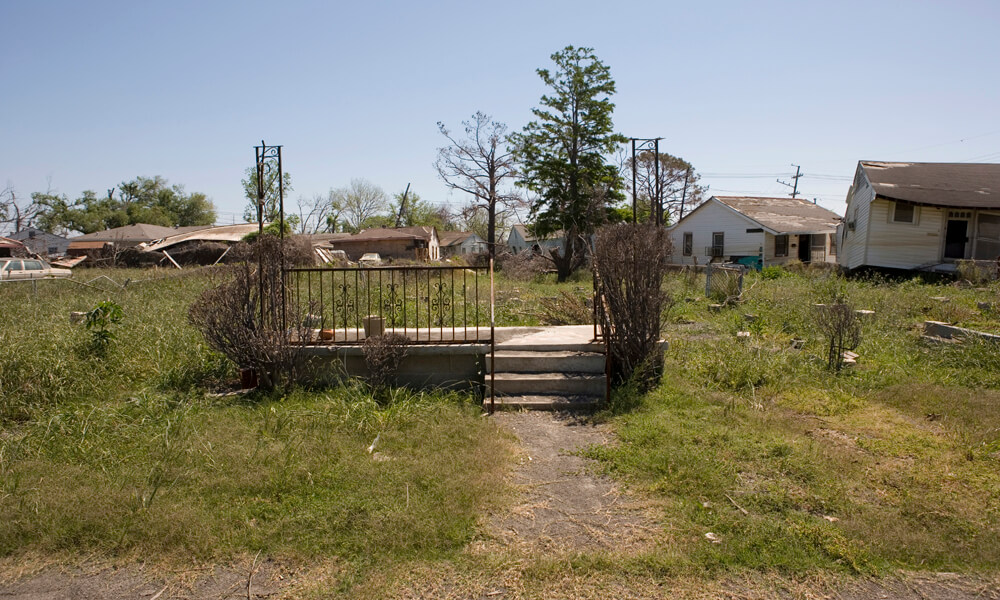
Why have some survivors of the devastation of Hurricane Katrina been able to recover effectively, while others have had a harder time getting back on their feet? Click this link to learn more about research on this topic.
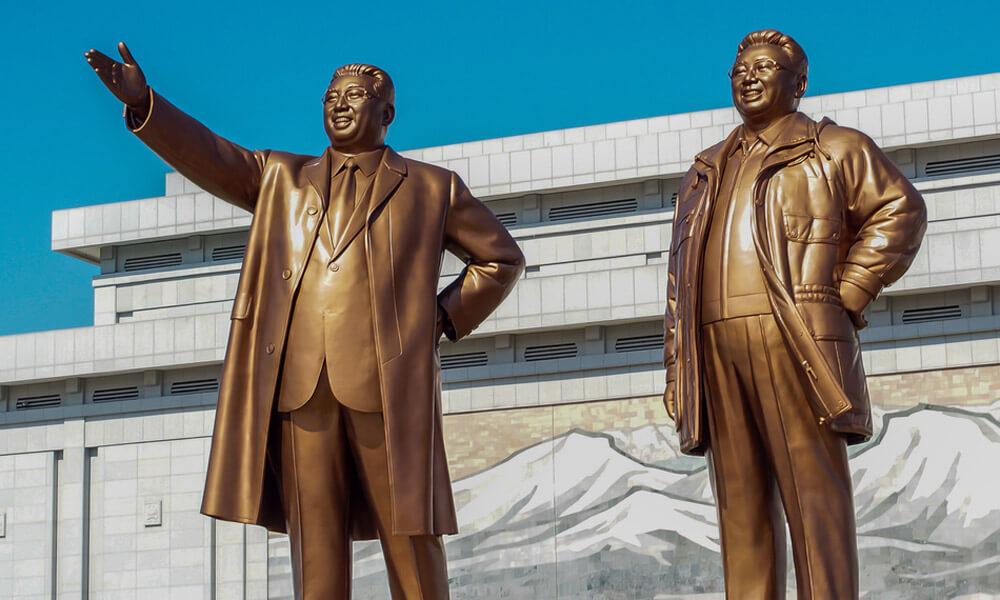
This article suggests that today’s “dictator-led” countries, such as North Korea, are recognizable by their severe poverty and rampant human rights abuses.

Why do people with power often become corrupted by it? This article examines what is at the root of this unfortunate pattern in human behavior.
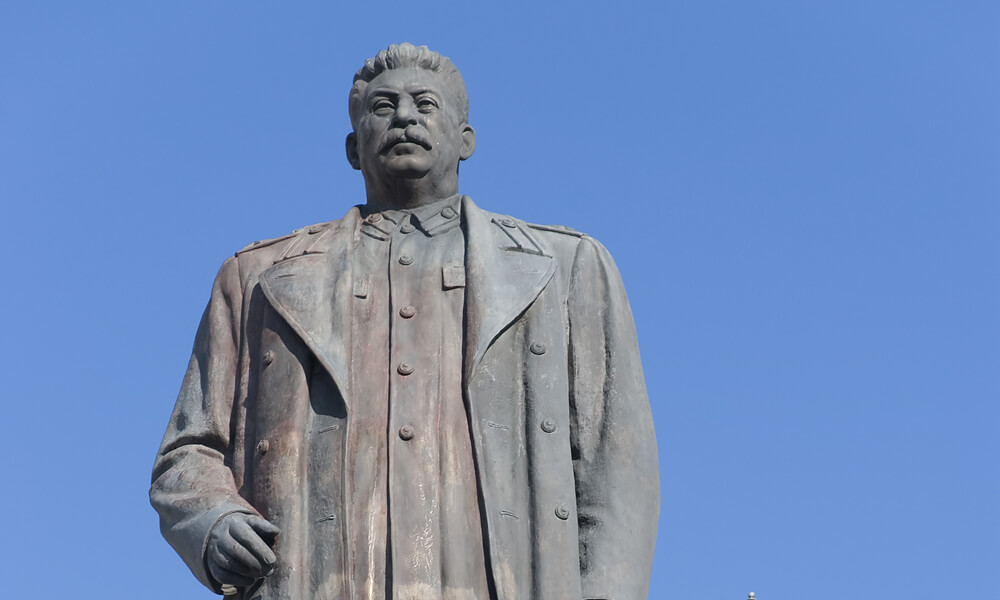
In the 1920s and 1930s, many Americans thought Joseph Stalin would reform the Soviet Union. The author of this opinion piece believes it’s wishful thinking to believe that dictators will modernize their countries in ways that move them toward democracy.

Shakespeare’s writing style can be challenging to read. Not only did he write four centuries ago, but he also played with language, coining new words, rearranging syntax, and using words as different parts of speech. Now, researchers have discovered that this last feature—using a noun like child as a verb instead, for example—excites the human brain because it is so unexpected.
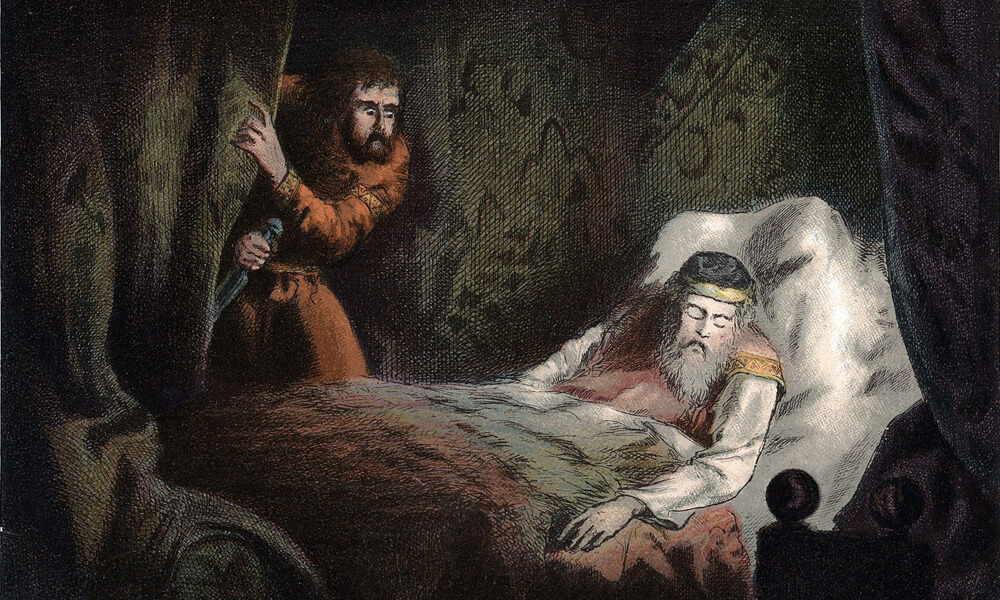
Macbeth is a play about the destructive effects of unchecked ambition. When is ambition a healthy motivating force, and when does it become an illness that drives people to harmful behavior?

Read this article to learn about a professor who is trying to teach an artificial intelligence system to interpret stories by having it read Macbeth.

In August 2018, Venezuelan president Nicolas Maduro survived an assassination attempt carried out by explosive drones. Some experts believe the incident will allow him to tighten the already powerful grip he has on his country.

Have elections, uprisings, and political protests across the globe led to a decline in authoritarian goverments in recent years? This article takes a look at worldwide trends and examines what happens when dictators are removed from power.